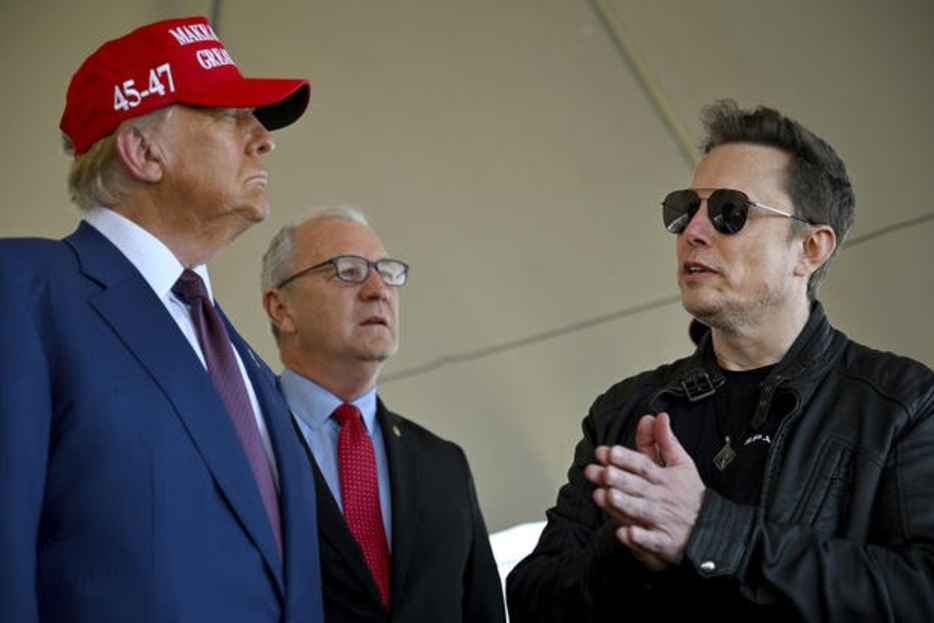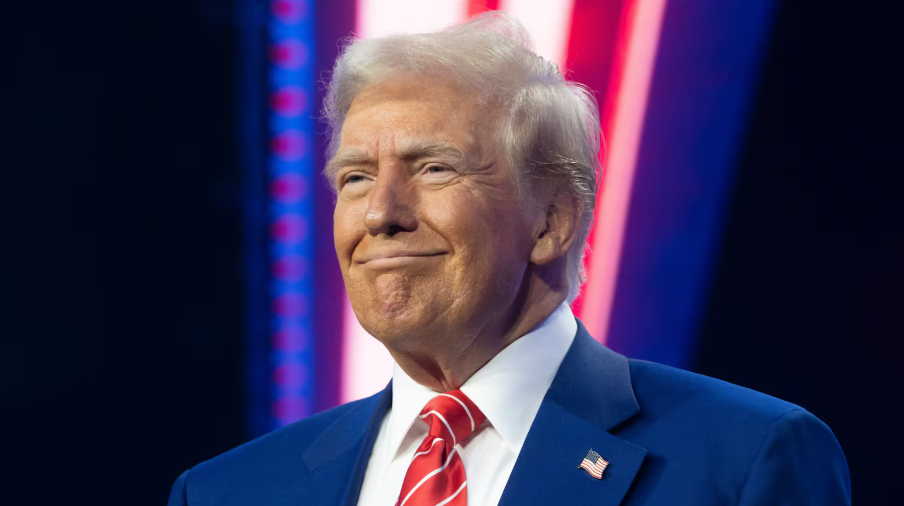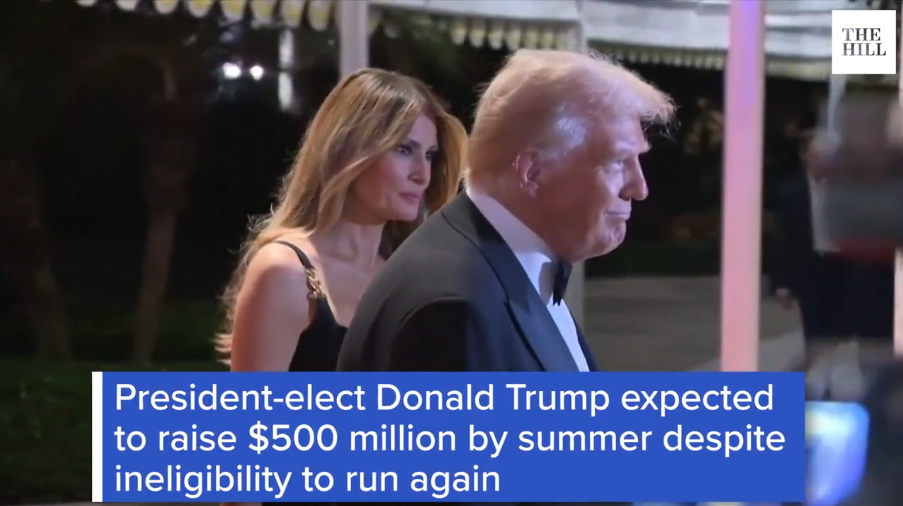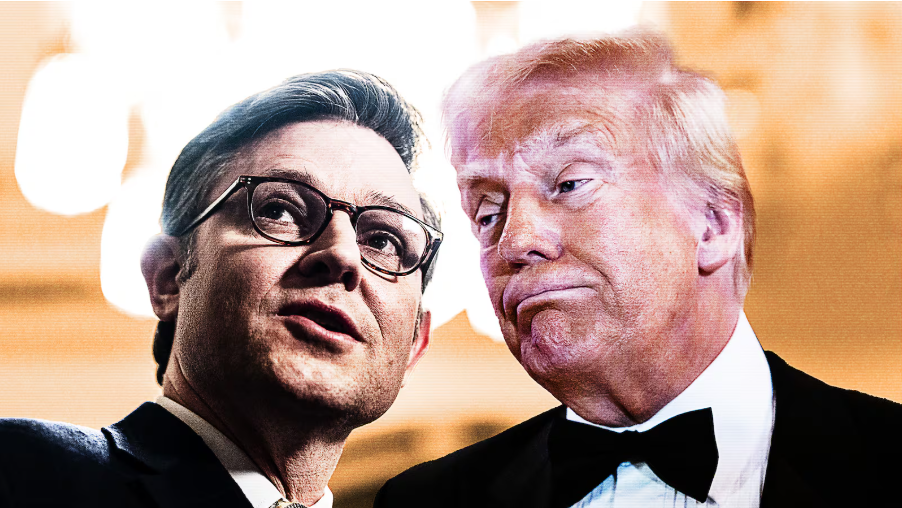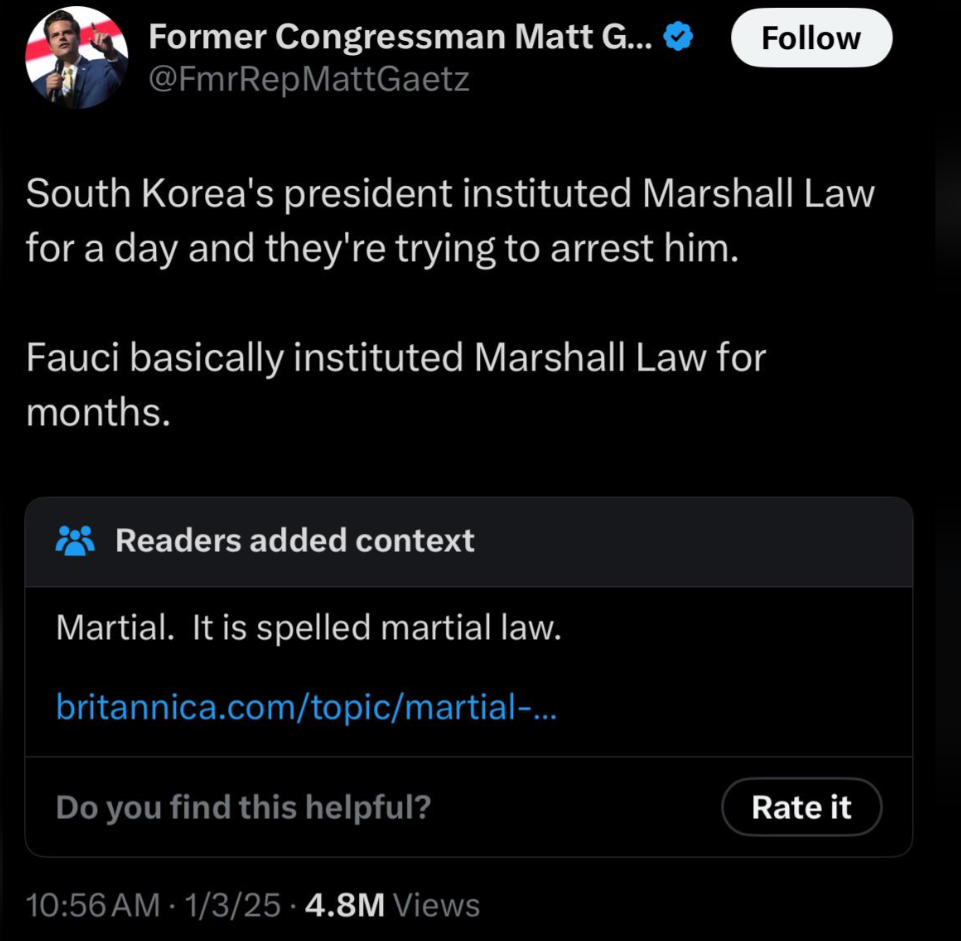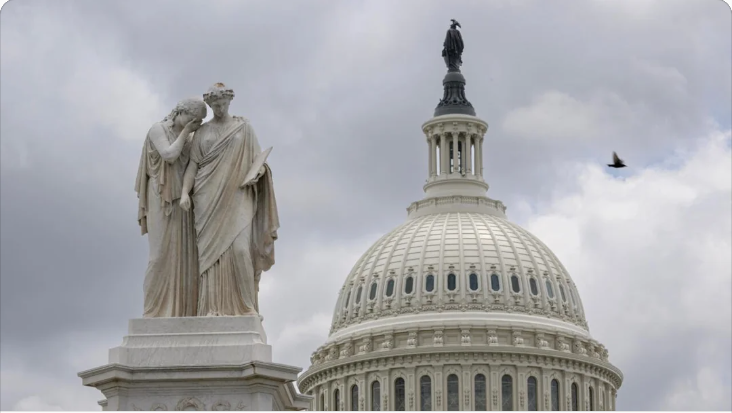Musk, Ramaswamy Proposal to Slash Spending Could Include VA Medical Services
In a recent discussion about addressing the growing national debt, billionaire entrepreneur Elon Musk and Republican presidential candidate Vivek Ramaswamy floated the idea of widespread spending cuts across federal programs. While their proposals sparked conversation about fiscal responsibility, one suggestion has generated significant controversy: the potential inclusion of Veterans Affairs (VA) medical services in these cuts.
A Controversial Proposal
Both Musk and Ramaswamy have positioned themselves as disruptors in their respective fields—Musk in technology and innovation, and Ramaswamy as a business leader turned political outsider. Their shared emphasis on reforming government systems and reducing inefficiencies has resonated with fiscally conservative audiences.
In their proposal, the two advocate for a sweeping overhaul of federal spending, claiming that the current trajectory of national debt threatens long-term economic stability. Musk has repeatedly called for a more efficient government, while Ramaswamy has championed decentralization and privatization as solutions to bureaucratic inefficiency.
However, their suggestion to reevaluate funding for VA medical services has raised alarms among veterans’ groups and policymakers. The VA provides healthcare to millions of veterans, many of whom rely on these services for essential medical and mental health care.
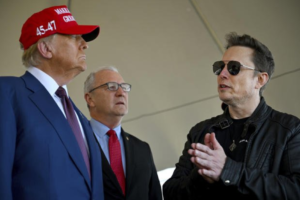
The Argument for Cuts
Proponents of including VA medical services in spending cuts argue that the department has long been plagued by inefficiency, waste, and poor management. High-profile scandals over long wait times, substandard care, and administrative failures have fueled calls for reform. Musk and Ramaswamy suggest that privatizing certain aspects of VA care or introducing private-sector competition could improve efficiency and reduce costs.
Ramaswamy, in particular, has advocated for empowering veterans with more options, such as providing vouchers to seek care outside the VA system. Musk, drawing parallels to his disruptive innovations in the tech and automotive industries, has argued that systemic reform can streamline operations and eliminate waste.
Concerns from Veterans and Advocacy Groups
Veterans’ organizations and advocates have expressed strong opposition to any proposal that reduces funding for VA medical services. They argue that the VA serves a unique population with specialized needs, including treatment for combat-related injuries, PTSD, and other conditions that civilian providers may lack the expertise to handle.
Critics also point out that privatization efforts could lead to inconsistent care and reduced accountability, ultimately harming veterans who depend on the system. Disabled American Veterans (DAV), the American Legion, and other groups have urged policymakers to protect VA funding, emphasizing that veterans have earned these services through their sacrifice.
Balancing Fiscal Responsibility and Commitments to Veterans
The debate over VA funding highlights a broader challenge in balancing fiscal responsibility with the nation’s obligations to those who have served. While there is consensus on the need for government efficiency, critics of the Musk-Ramaswamy proposal argue that targeting VA medical services sends the wrong message about the country’s priorities.
Reforming the VA to improve efficiency and outcomes is a widely supported goal, but slashing funding risks undermining progress and alienating a key constituency. Veterans’ healthcare is not just a budgetary line item; it is a commitment to those who have defended the nation.
Moving Forward
As discussions about government spending intensify, proposals like Musk and Ramaswamy’s are likely to remain a focal point of debate. Whether their approach gains traction or faces political pushback, the controversy underscores the complexity of balancing economic reforms with ethical responsibilities.
Veterans, lawmakers, and the public will be watching closely to ensure that fiscal prudence does not come at the expense of those who have already given so much.
